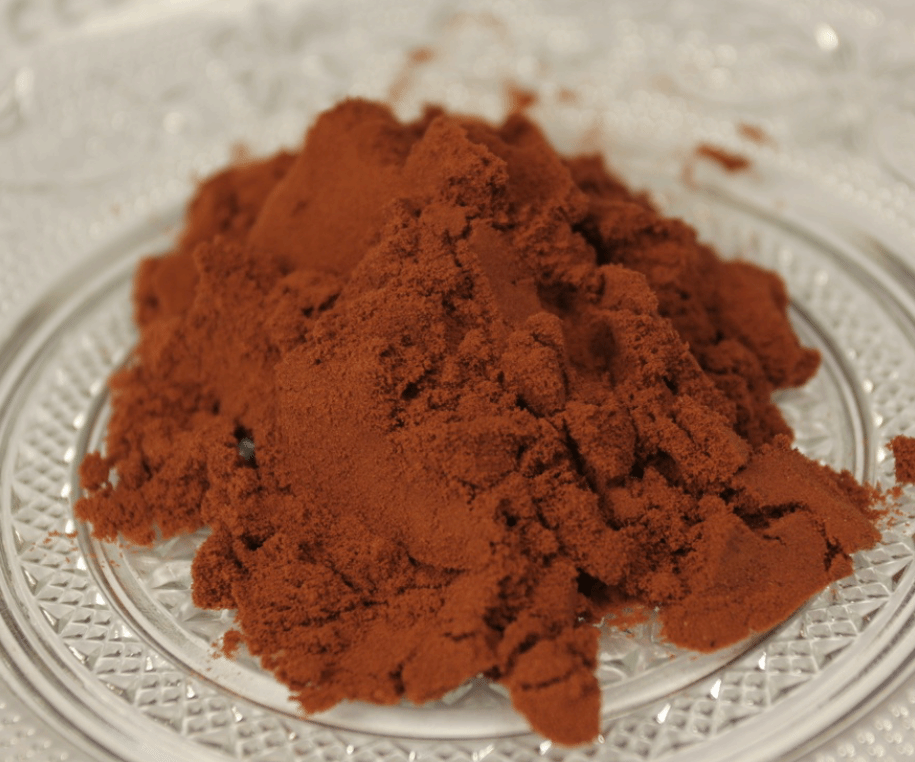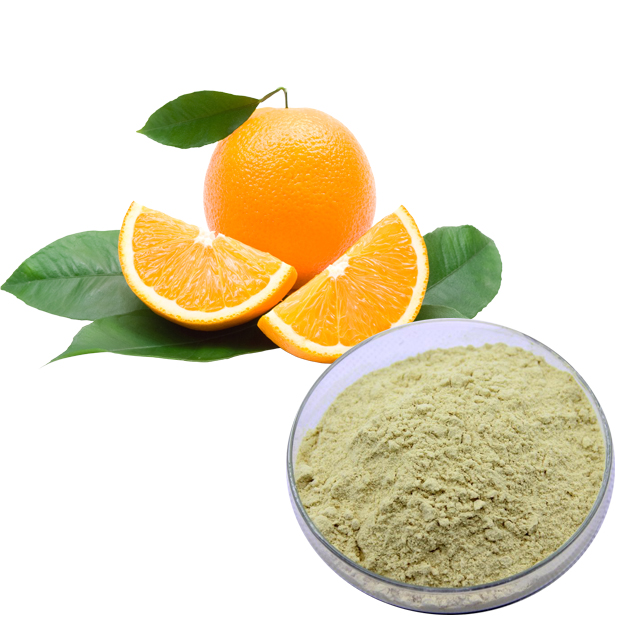Melatonin: The Natural Hormone That Can Help You Sleep Better and Feel More Energized
In today’s fast-paced world, many people struggle with sleep issues and disrupted circadian rhythms. This can lead to a range of health problems, from fatigue and irritability to more serious conditions such as insomnia and depression. One key player in the regulation of sleep and circadian rhythms is the hormone melatonin.
Melatonin is a hormone produced by the pineal gland in the brain, and it plays a crucial role in regulating the sleep-wake cycle. The production and release of melatonin are influenced by the time of day, with levels typically rising in the evening as it gets dark and falling in the morning as it gets light. This natural rise and fall in melatonin levels help signal to the body when it’s time to sleep and when it’s time to wake up.

What is Melatonin and How Does It Work?
Melatonin is a naturally occurring hormone that is produced primarily by the pineal gland, a small endocrine gland located deep within the brain. This hormone plays a crucial role in regulating the sleep-wake cycle, also known as the circadian rhythm, which is the internal process that governs our patterns of sleep and wakefulness over a 24-hour period.
Melatonin production is influenced by light and darkness. When the environment becomes dark, the pineal gland responds by increasing the production of melatonin, which then circulates through the bloodstream and signals to the body that it's time to rest and prepare for sleep. This process helps to induce feelings of sleepiness and promotes the onset of sleep.
On the other hand, when the environment is bright and well-lit, melatonin production decreases, signaling to the body that it's time to be awake and active. This delicate balance between light and darkness, and the subsequent regulation of melatonin levels, is essential for maintaining a healthy sleep-wake cycle.
In addition to its role in regulating the sleep-wake cycle, melatonin has also been shown to have other benefits related to sleep. For example, it can help reduce the time it takes to fall asleep (sleep latency) and increase the total duration of sleep. Furthermore, melatonin has been studied for its potential in treating various sleep disorders, such as insomnia, jet lag, and even some forms of depression that are associated with sleep disturbances.
Overall, melatonin is a vital hormone that helps to regulate our sleep-wake cycle and promote healthy sleep patterns.
Benefits of Melatonin for Sleep Quality:
1.Regulates Sleep-Wake Cycle: As mentioned earlier, melatonin plays a pivotal role in regulating the circadian rhythm, the internal clock that governs our sleep-wake patterns. By signaling to the body when it's time to sleep, melatonin helps to establish and maintain a consistent sleep schedule.
2.Induces Sleepiness: The surge of melatonin in the bloodstream during the evening hours promotes feelings of sleepiness, making it easier to fall asleep. This can be especially beneficial for individuals who struggle with insomnia or difficulty initiating sleep.
3.Improves Sleep Duration: Melatonin not only helps you fall asleep faster but also promotes longer sleep duration. By enhancing the overall quality of sleep, melatonin can ensure that you get the restorative rest your body needs.
4.Reduces Sleep Disturbances: Melatonin has been shown to reduce the frequency and severity of sleep disturbances, such as nighttime awakenings. This can lead to more continuous and uninterrupted sleep, further enhancing sleep quality.
5.Supports REM Sleep: Rapid Eye Movement (REM) sleep is a critical stage of sleep during which dreaming occurs and the brain processes information. Melatonin has been linked to increased REM sleep, which is essential for memory consolidation, emotional regulation, and overall cognitive function.
6.Alleviates Jet Lag: For travelers crossing multiple time zones, melatonin can help to alleviate the symptoms of jet lag by resetting the body's internal clock. By taking melatonin at the appropriate time relative to the new time zone, individuals can more easily adjust to the changes in sleep patterns.
7.Enhances Mood and Well-being: Adequate sleep is crucial for maintaining good mental health and emotional well-being. By improving sleep quality, melatonin can indirectly contribute to better mood, reduced stress, and increased overall life satisfaction.
Melatonin and Aging:
In addition to its role in sleep regulation, melatonin has also been studied for its potential antioxidant and anti-inflammatory properties. Some research suggests that melatonin may help protect against oxidative stress and inflammation, which are implicated in a range of chronic diseases, including heart disease, cancer, and neurodegenerative disorders.
While melatonin shows promise as a natural remedy for sleep issues and potential health benefits, more research is needed to fully understand its effects and potential risks. As with any supplement or hormone therapy, it’s important to consult with a healthcare professional before using melatonin, especially if you have any underlying health conditions or are taking medications.
Typical Dosage Ranges:
For standardized ginseng extracts (e.g., containing a specific amount of ginsenosides, the active compounds in ginseng), a common dosage range is 200-400 mg per day, taken in divided doses.
If using a liquid extract, follow the manufacturer's instructions on the recommended serving size.
Keep in mind that ginseng is often available in various forms, including capsules, tablets, powders, and teas, and the dosage may differ between these forms.
Incorporating Ginseng Extract into Your Routine
Choose a Quality Product: Look for ginseng extracts that are standardized and from reputable brands. Check the label for information on the concentration of active ingredients and any potential allergens.
Follow Directions: Always follow the manufacturer's instructions for use, including recommended dosage and timing.
Timing: Ginseng extract can be taken at any time of day, but some people prefer to take it in the morning to help boost energy levels.
Consistency: For best results, try to take ginseng extract consistently, either daily or as directed by your healthcare provider.
Precautions:
Pregnancy and Breastfeeding: Avoid ginseng extract during pregnancy and breastfeeding, as its safety in these populations is not well established.
Chronic Conditions: If you have a chronic health condition, such as heart disease, diabetes, or autoimmune disorders, consult with your healthcare provider before taking ginseng extract.
In summary, incorporating ginseng extract into your daily routine can offer potential health benefits, but it's important to do so safely and under the guidance of a healthcare professional. Always follow dosage recommendations, be aware of potential side effects, and consult with your doctor if you have any concerns or questions.
Contact:James Yang
Tel/WhatsApp: +8619992603115
WeChat:19992603115
Email: sales@xabcbiotech.com











